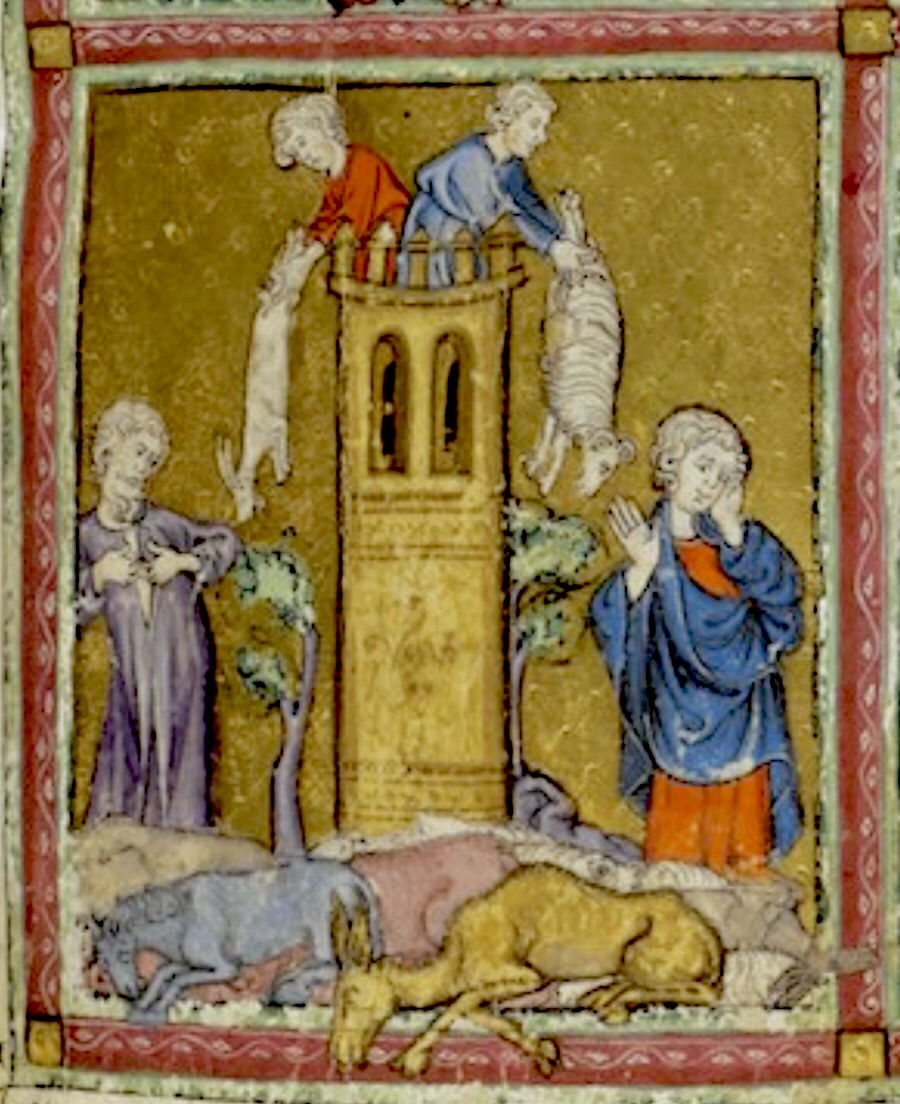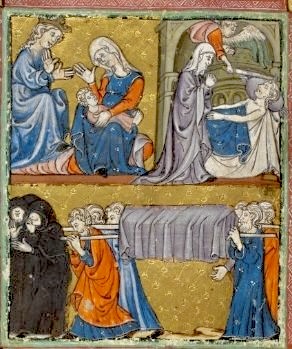Torah Study Date
Saturday, June 17, 2023
Verses Covered
Exodus (Sh’mot) 8:16-9:4
Next Session
Saturday, June 24, 2023
Starting at Exodus 9:5
Last week we discussed the plague of insects. We noted YHVH telling Moses to station himself, early in the morning, before Pharaoh as he is coming out of the water and tell him that YHVH says to let his people go so they may worship him. We noted that the reflexive (“station himself”) is very strong and reviewed R. Sara’s idea that the river and the sun are a god to the Egyptians so that confronting Pharaoh by the river when the sun is strong is a way of contesting the Egyptian gods. We discussed the result of not doing that, according to YHVH, namely, that swarms of insects would infest Pharaoh, his servants, and his people and houses—and that the very ground would be filled with them. We spent some time comparing this to the current infestation of Mormon Crickets in Elko, Nevada (where the ground has been full of insects and people are swatting them off their backs and trying to keep them out of their houses).
We noted YHVH saying that he would set Goshen, where the Israelites are, apart (by their not being insects there). We noted that insects could be a natural phenomenon but their absence in one particular place where YHVH’s favored people are located is not a natural phenomenon but more clearly requires a god to accomplish. We noted God doing all that he said he would do.
We then discussed Pharaoh’s reactions. First, he tells the Israelites to sacrifice to their god within the land (that way, Pharaoh wouldn’t have to lose his slaves). We noted Moses’ clever reply, that their sacrifices would put them at risk in Egypt because the Egyptians would see them as an abomination. (We noted one commentator says at that time the Egyptians were open to different kinds of religious practice so that this material may be imported into the text from a later period at which they had become more rigid.) We noted Pharaoh then relenting a little bit and telling them to go and sacrifice in the wilderness but not stay too long and, while there, plead for him before YHVH. Moses replies he will do that—plead for the insects to be called off—and tells Pharaoh not to be deceitful again (that is, not to change his mind and not to let them go). We noted Moses pleading, YHVH calling off the insects, and Pharaoh hardening his heart again and not letting the Israelites go (as YHVH had said would happen). At that point, we began discussing the next plague, the plague of livestock.
Our artwork this week is from the Golden Haggadah (Catalonia, 13th c. CE), Plague of Domestic Animals (above), and Plague of the Firstborn (below). The domestic animals are so ill they are spreading outside the illumination’s frame as well as being tossed out of the building. The Plague of the Firstborn, as in all of the illuminations of the Golden Haggadah, reads right to left and, in this case, ends with mourners dressed in black as the coffin is carried by.


